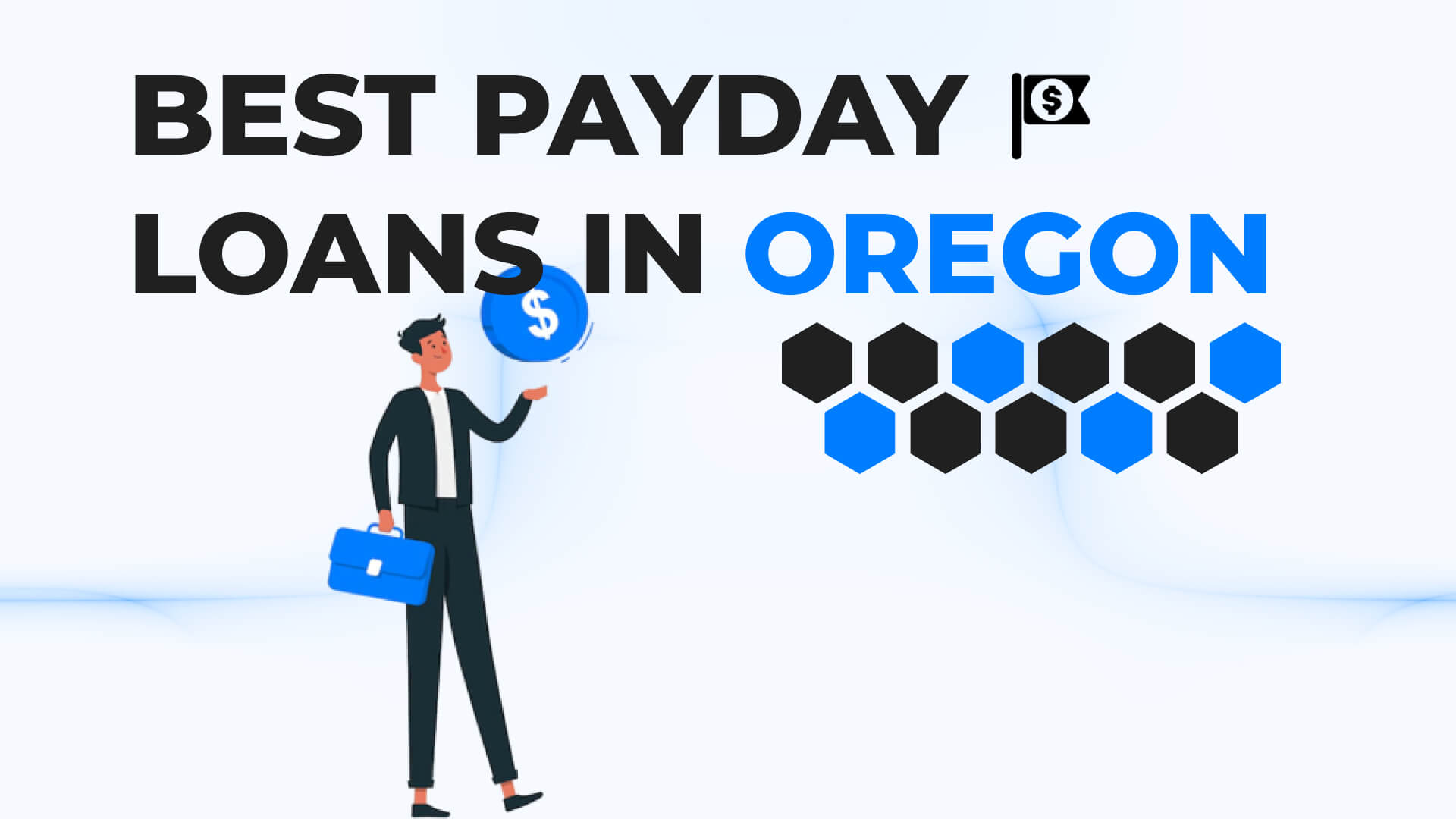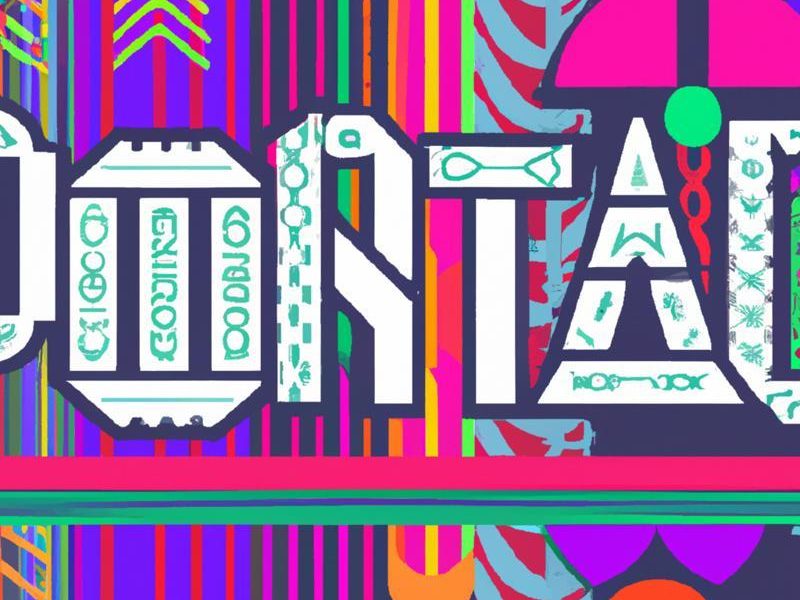When financial emergencies occur, payday loans can provide a temporary solution. Specifically in Oregon, these short-term loans have become popular due to their easy accessibility and convenience. This article will guide you through the best payday loans in Portland, Oregon, how to apply, and the eligibility requirements. We’ll also compare these loans with other financial options available in the state.
What are Payday Loans in Oregon?
Payday loans are short-term, high-interest loans designed to be paid back by your next payday. In Oregon, these loans can range from $100 to $50,000, with loan terms of up to 60 days. Interest rates in Oregon are capped at 36% by law, but additional fees may apply, making these loans costly compared to traditional personal loans. Payday loans are commonly used for unexpected expenses, like emergency car repairs or medical bills.
How to Apply for Payday Loans with Bad Credit in Portland, Oregon?
Having bad credit doesn’t necessarily prevent you from obtaining a cash advance in Oregon. Many lenders focus on your employment status and income instead of your credit history. Here’s a simplified process:
- Find a lender: Choose a lender who offers payday loans to individuals with bad credit. Compare terms, conditions, and interest rates.
- Complete the application: Fill out the lender’s application form, providing details such as your employment status, income, and bank account information.
- Wait for approval: The lender will assess your application and make a decision, typically within a few minutes or hours.
- Receive funds: If approved, the lender will deposit the loan directly into your bank account.
Eligibility for Oregon Payday Loans
To qualify for a payday loan in Oregon, you typically must meet the following requirements:
- Be at least 18 years old
- Have a valid ID or proof of residency
- Provide proof of regular income
- Have an active bank account
Comparing Payday Loans with Other Loan Options in Oregon
While payday loans can be a convenient source of emergency funds, it’s crucial to understand how they stack up against other financial options in Oregon.
| Loan Type | Interest Rate | Loan Amount | Loan Term | Credit Check |
| Payday Loans | Up to 36% | $100-$50,000 | Up to 60 days | Usually not required |
| Personal Loans | 5%-36% | $1,000-$50,000 | 1 to 7 years | Required |
| Credit Card Cash Advances | 20%-25% | Varies by credit limit | As long as it takes to pay off the balance | Already established when opening the credit card |
| Title Loans | 25%-36% | Up to $25,000 | 15 to 30 days | Usually not required |
Understanding the Costs of Payday Loans in Oregon
When considering a payday loan, it’s important to understand the costs involved. In Oregon, the interest rate is capped at 36%, but there are also additional fees you might encounter:
- Finance charges: These are fees for borrowing money, often calculated as a percentage of the loan.
- Rollover fees: If you’re unable to pay back the loan by the due date, you might have the option to roll over the loan into a new loan, but this usually comes with additional fees.
- Late payment fees: If your repayment is late, the lender may charge a late fee.
Before signing any loan agreement, ensure that you’re aware of all potential fees and charges.
Pros and Cons of Payday Loans in OR
Pros
- Fast and easy access to cash: Payday loans are typically approved and funded quickly, often on the same day.
- Fewer requirements: Payday lenders usually don’t require a good credit score and focus more on your income and ability to repay the loan.
- Unsecured loans: Payday loans are unsecured, meaning you don’t need to provide collateral.
Cons
- High-interest rates and fees: Payday loans have higher rates and fees than other types of loans.
- Short repayment period: The repayment period is usually your next payday, which might not give you enough time to recover financially.
- The cycle of debt: If you can’t repay the loan on time, you might need to take out another loan, leading to a cycle of debt.
Alternatives to Payday Loans in Oregon
If you’re unsure about payday loans or find them too expensive, consider these alternatives:
- Personal loans: Personal loans have longer repayment periods and generally lower interest rates compared to payday loans.
- Credit card cash advances: While still having high-interest rates, these can be cheaper than a payday loan and offer a more extended repayment period.
- Emergency assistance programs: Oregon has several programs that might help you cover your emergency expenses.
- Paycheck advance apps: These apps allow you to access earned wages before your payday.
How to Choose the Best Payday Loan Lender in Oregon?
Here are some tips to help you choose the best payday loan lender:
- Compare interest rates and fees: The cost of payday loans can vary significantly between lenders.
- Check the lender’s reputation: Read customer reviews and check whether the lender is licensed in Oregon.
- Consider the loan terms: Some lenders may offer more flexible repayment terms than others.
- Look at the speed of funding: If you need money quickly, consider how fast the lender can fund your loan.
Oregon Payday Loans and Your Credit Score
While most payday lenders don’t require a credit check, failing to repay a payday loan can still impact your credit score. If you default on your loan and the lender sells your debt to a collection agency, the collection agency can report your debt to the credit bureaus, which can damage your credit score. On the flip side, paying back your payday loan on time will not improve your credit score as payday lenders don’t typically report on-time payments to credit bureaus.
Conclusion
Payday loans in Oregon can be a quick solution for those facing a financial emergency. However, the high costs and short repayment periods make them a risky option. Before applying for a payday loan, consider alternatives, understand the costs involved, and ensure you’re dealing with a reputable lender. Most importantly, make financial planning a priority to avoid the need for high-cost loans in the future.


